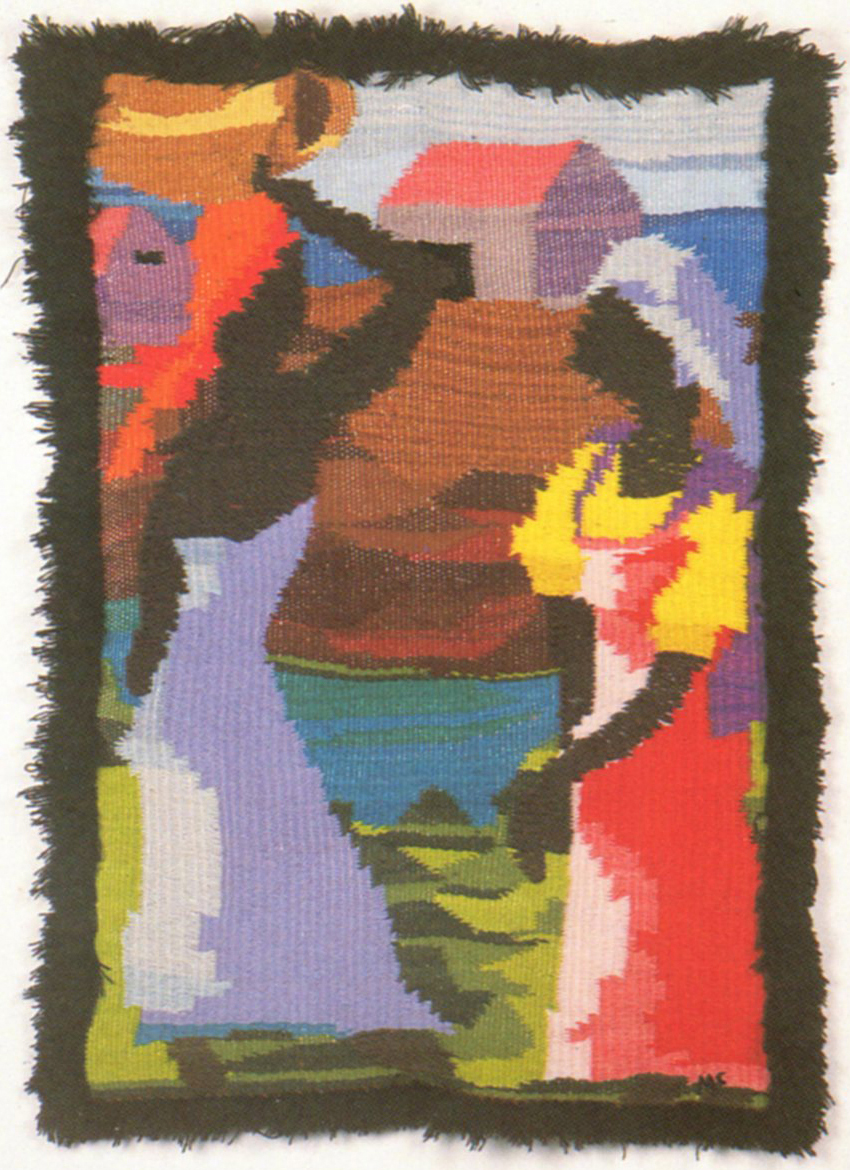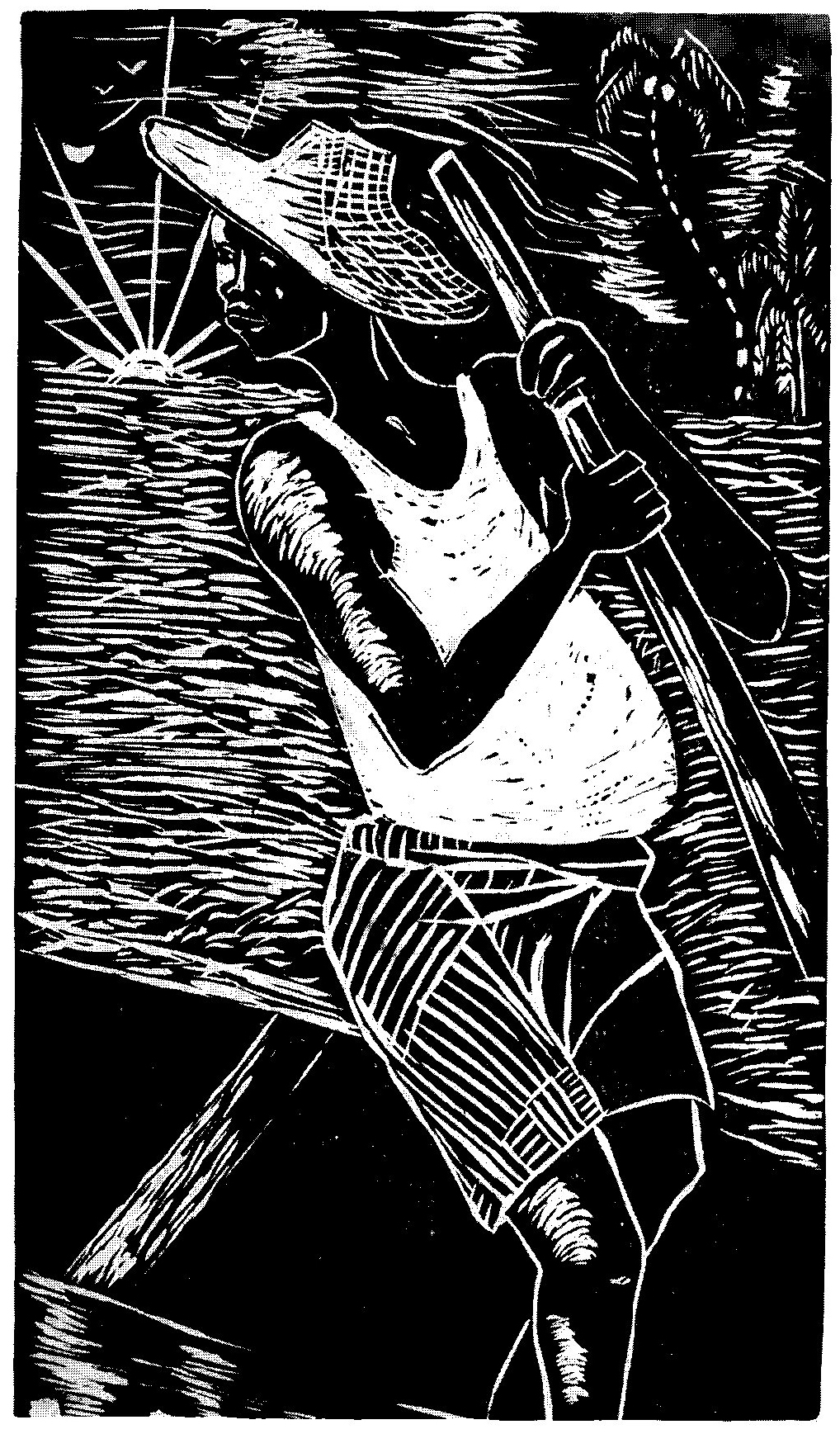Angola in 1990
Date of Independence: 11 November 1975
Population 9.28 million
Effects of South African destabilisation, 1980-88
(Source: United Nations Economic Commission for Africa)
- 500 000 war-related deaths
- 500 000 refugees
- 1.5 million people displaced
- defence spending 40% of national budget
- export losses US$3.5 billion
- rural production loss US$1 billion
- key transport routes sabotaged: consequential loss of transit traffic revenue US$750 million
- 1988 grain-equivalent food deficit: 750 000 tonnes
- 75% of small town and rural water systems destroyed or damaged
- 25% of primary health and education units destroyed
Angola has a strategic geographical position and immense mineral wealth. But today it has the highest rate of inflation within the Frontline States, 200%.
Settled by the Portuguese in 1575, it experienced the earliest and most backward form of European colonialism. Slavery was followed by a system of forced labour through which Angola was developed and exploited.
There had always been resistance to colonial rule but it developed into sporadic war from 1961 until the collapse of the fascist regime in Portugal in 1974, when negotiations for independence were begun with the various political forces in Angola – MPLA (the Popular Movement for the Liberation of Angola), FNLA (the National Front for the Liberation of Angola), and UNITA ( the National Union for the Total Independence of Angola). After a period of civil war, the MPLA was able to establish its administration on a national basis by early 1976.
Since independence Angola has suffered from constant military incursions into its territory by South Africa, and previously by Rhodesia. Quite apart from the human consequences of such attacks, these operations aggravated the economic crisis of the country, already weakened by colonial exploitation of raw materials and the effects of the civil war, and disrupted life, especially in the rural 1reas. South Africa has continued to back the UNITA forces whose strategy is to cripple Angola’s economy, terrorise the people and destabilise the government.


